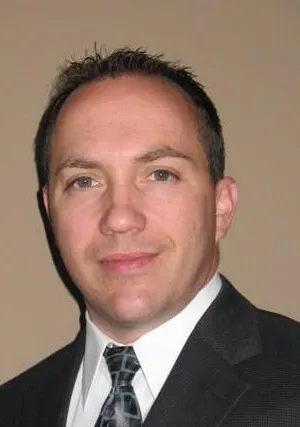Leading consultant firm WSP|Parsons Brinckerhoff is changing its name to WSP in May 2017. The firm says that the name change reflects its recent growth to around 36,700 people globally with 7,100 based in the UK. The new name will cover more than 85 small and mid-sized to large companies that have previously been incorporated into the business. This includes Mouchel Consulting, which was acquired in October 2016, and will become WSP in July when it is fully integrated with the wider business.
The name c
January 11, 2017
Read time: 1 min
Leading consultant firm 8562 WSP | Parsons Brinckerhoff is changing its name to WSP in May 2017. The firm says that the name change reflects its recent growth to around 36,700 people globally with 7,100 based in the UK. The new name will cover more than 85 small and mid-sized to large companies that have previously been incorporated into the business. This includes 2377 Mouchel Consulting, which was acquired in October 2016, and will become WSP in July when it is fully integrated with the wider business.
The name currently used on the Toronto Stock Exchange will remain unchanged (WSP Global Inc).
WSP | Parsons Brinckerhoff and Mouchel Consulting currently provide technical expertise in the built and natural environment across the public and private sectors. The combined business has been involved in many high profile projects including Crossrail and Istanbul’s Eurasia Tunnel.
The name currently used on the Toronto Stock Exchange will remain unchanged (WSP Global Inc).
WSP | Parsons Brinckerhoff and Mouchel Consulting currently provide technical expertise in the built and natural environment across the public and private sectors. The combined business has been involved in many high profile projects including Crossrail and Istanbul’s Eurasia Tunnel.









